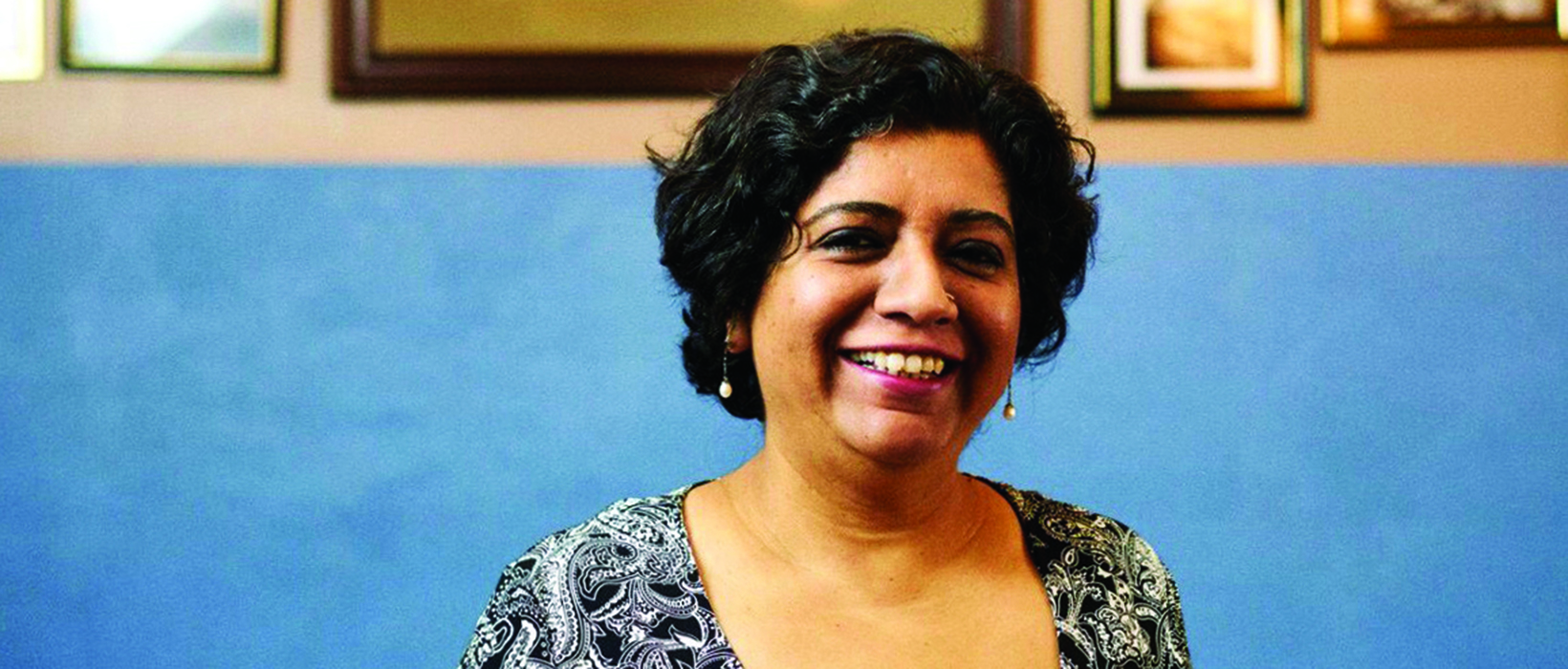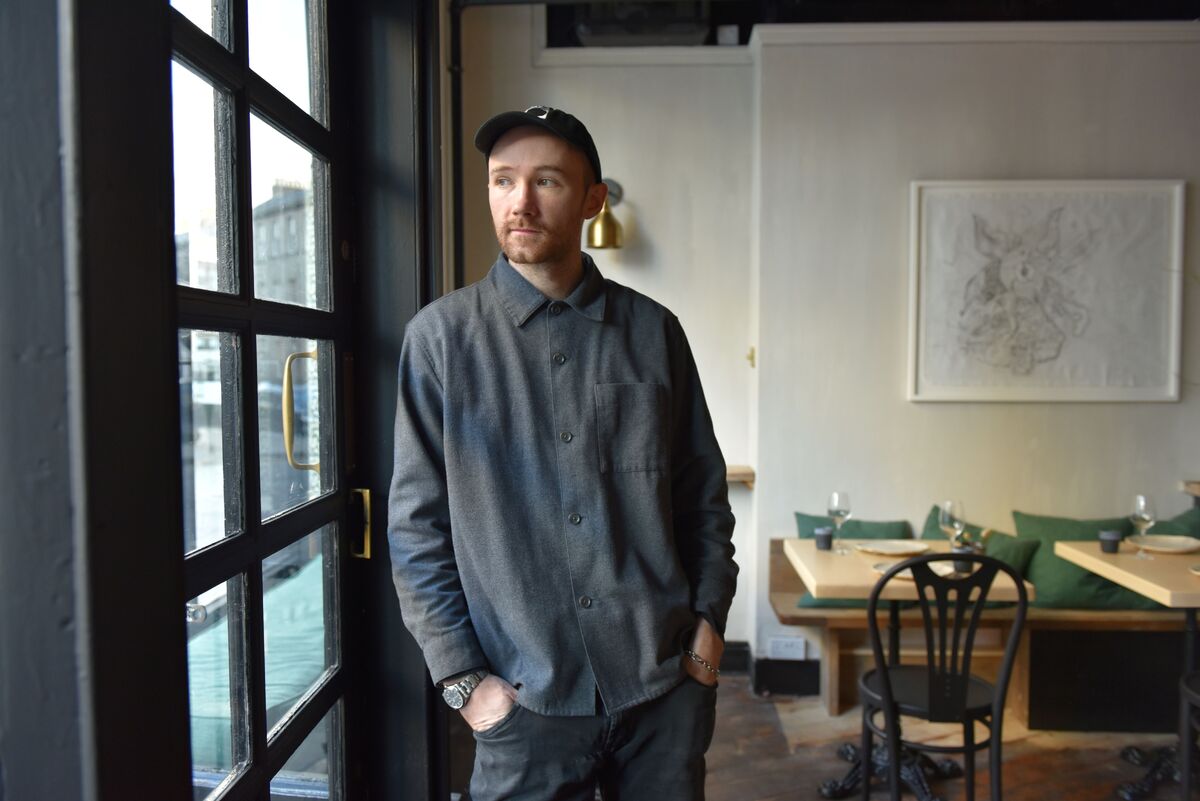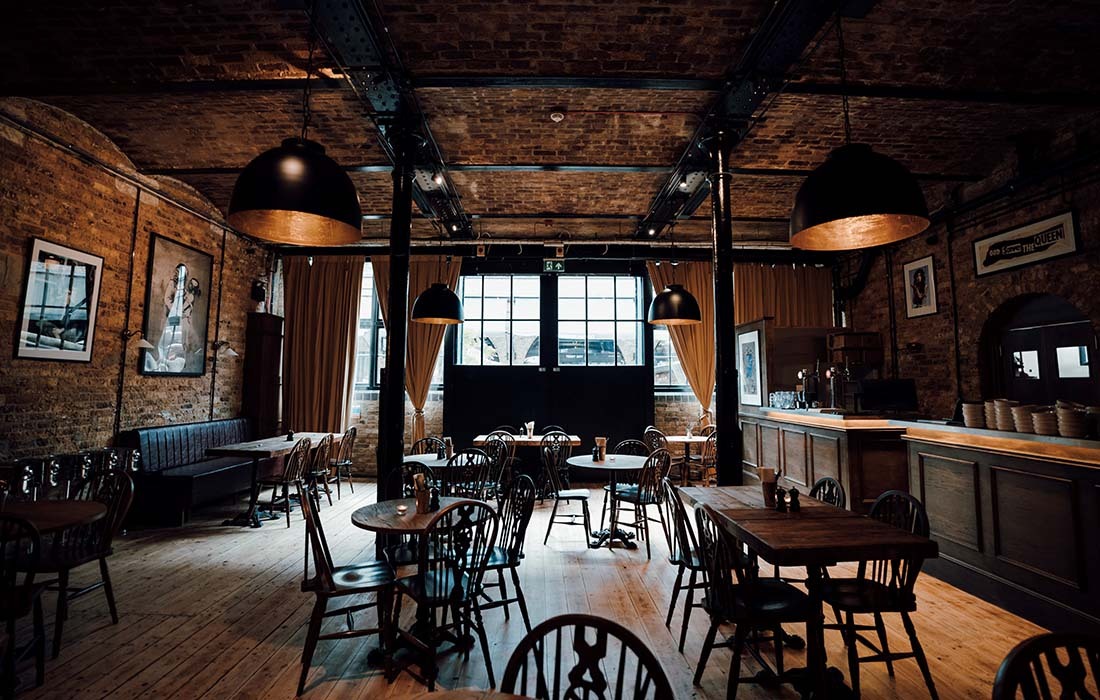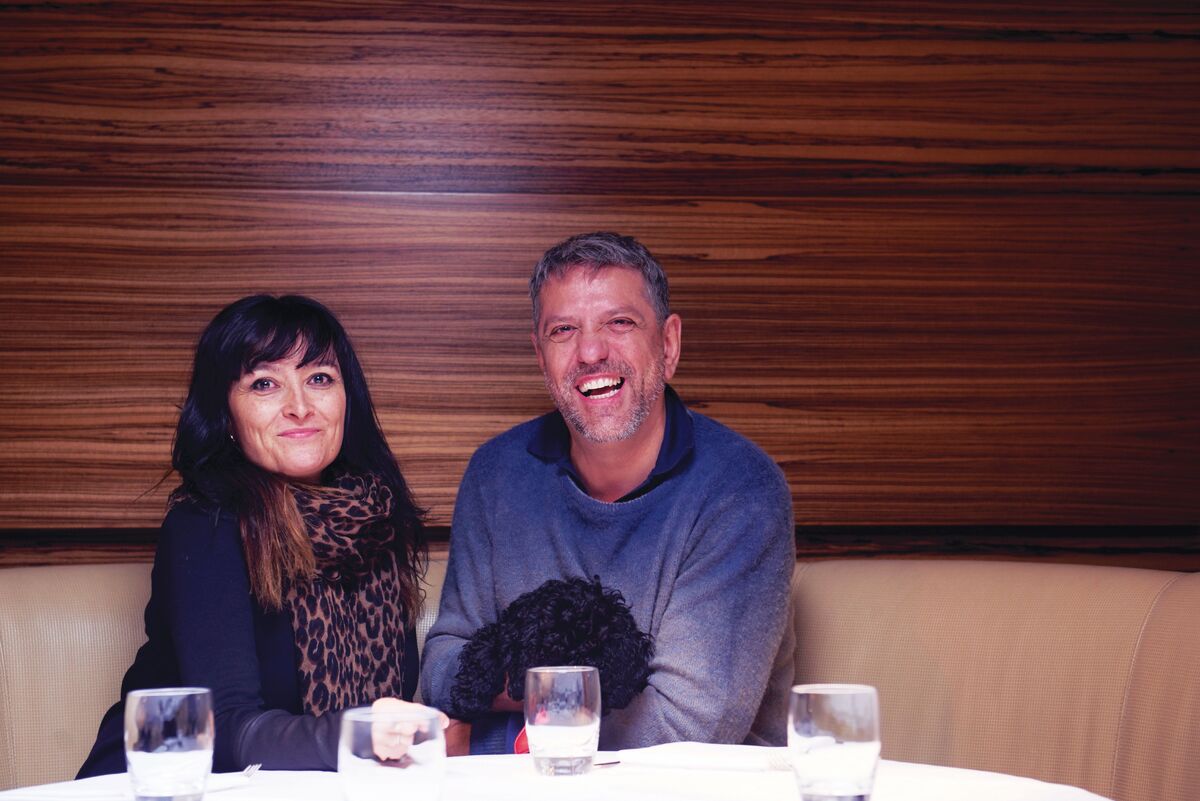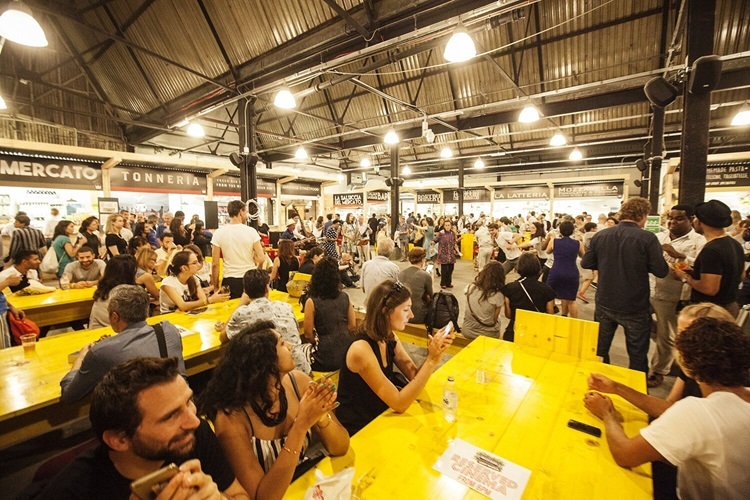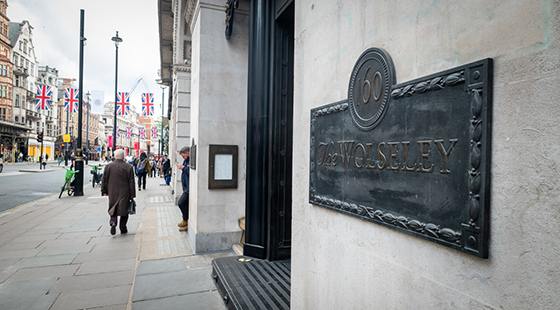Asma Khan: 'We should be grateful for every day that we live and for the food that we are privileged to eat'
With Veganuary in full steam, Asma Khan questions if trendy alternatives are really any better for the planet.
During lockdown I’ve noticed that many people have reverted to cooking the food of their childhood; food that comforts and heals. I grew up in a country where, for many families, eating is a privilege. Children die of hunger and the idea of comfort eating is very alien for many. Ironically, because of my family background, I also grew up in a society that had the means to eat and used that to raise walls between people.
One of the greatest divisions I remember as a child was between those who ate meat and those who didn’t. Veganism was not something I was really aware of or noticed until I moved to England. I can now look back and see why it wasn’t anything significant in my memory, as most of my childhood was spent in Calcutta – a very humid and hot city with very little grass for dairy cows. Often I would see milk being poured onto the feet of a goddess in a temple. We didn’t have milk or cream in our everyday food because the heat would make dairy curdle.
We had a meatless day where everybody in that region did not eat meat, and it couldn’t be bought because all meat shops were closed. This was just part of our life. Although there was a division between people who ate meat and those who didn’t, when I was growing up you didn’t get ‘lectured’ on being vegan. Having dairy was actually quite a privilege because it would require you to have refrigeration to keep that dairy safe to eat. Almost all Indian sweets made for celebrations were milk-based in my family, and a lot of effort was taken to ensure the supply of milk to make them.
My first time going into a supermarket in Cambridge when I moved to this country was a real shock. I could not understand the different kinds of milk available – the fact that you could get milk that had no fat in it completely threw me. I understand the ecological reasons why we need to consume less dairy, but that is not the only thing we need to consume less of.
Lockdown has shown us how quickly the earth heals once we stop polluting and stripping it. It concerns me greatly that this wave of veganism in this country is driving people to use things like jackfruit. It’s sourced from India and people think it’s a goat alternative and ecologically less damaging than meat.
My father is a farmer in India and I can assure you the brutality of growing jackfruit or any produce for the West is not helpful to local farmers. Many are in debt having to buy fertilisers because they believe this would help them produce the perfect size of fruit or vegetable required for export. The ‘genetically modified seed mafia’ enhanced with the ‘fertiliser lobby’ are exploiting farmers growing the new vegan fad. The attraction for a farmer to export to the West is sold as a ticket out of poverty, but in the end, it is the middlemen who make all the money. For farmers to grow only a cash crop leaves them vulnerable to market forces and they can often not feed their families.
We need to rethink what we eat and how we eat. I have not flown in vegetables from India for my restaurant. This was a decision I took in 2017, as I am very aware of the carbon footprint of every okra that is served at a restaurant table. I would never, ever serve jackfruit. It is noticeable that people who make personal dietary choices, like becoming vegan or with the ill-fated ‘clean eating’ influenzas, can sometimes see themselves being superior or more responsible than others.
We should be grateful for every day that we live and for the food that we are privileged to eat
I want to end by reiterating my earlier point that we should be grateful for every day that we live and for the food that we are privileged to eat. There are enough people who fan hatred and prejudice, we need to see less of that when it comes to food and not be judgmental about what people eat.



